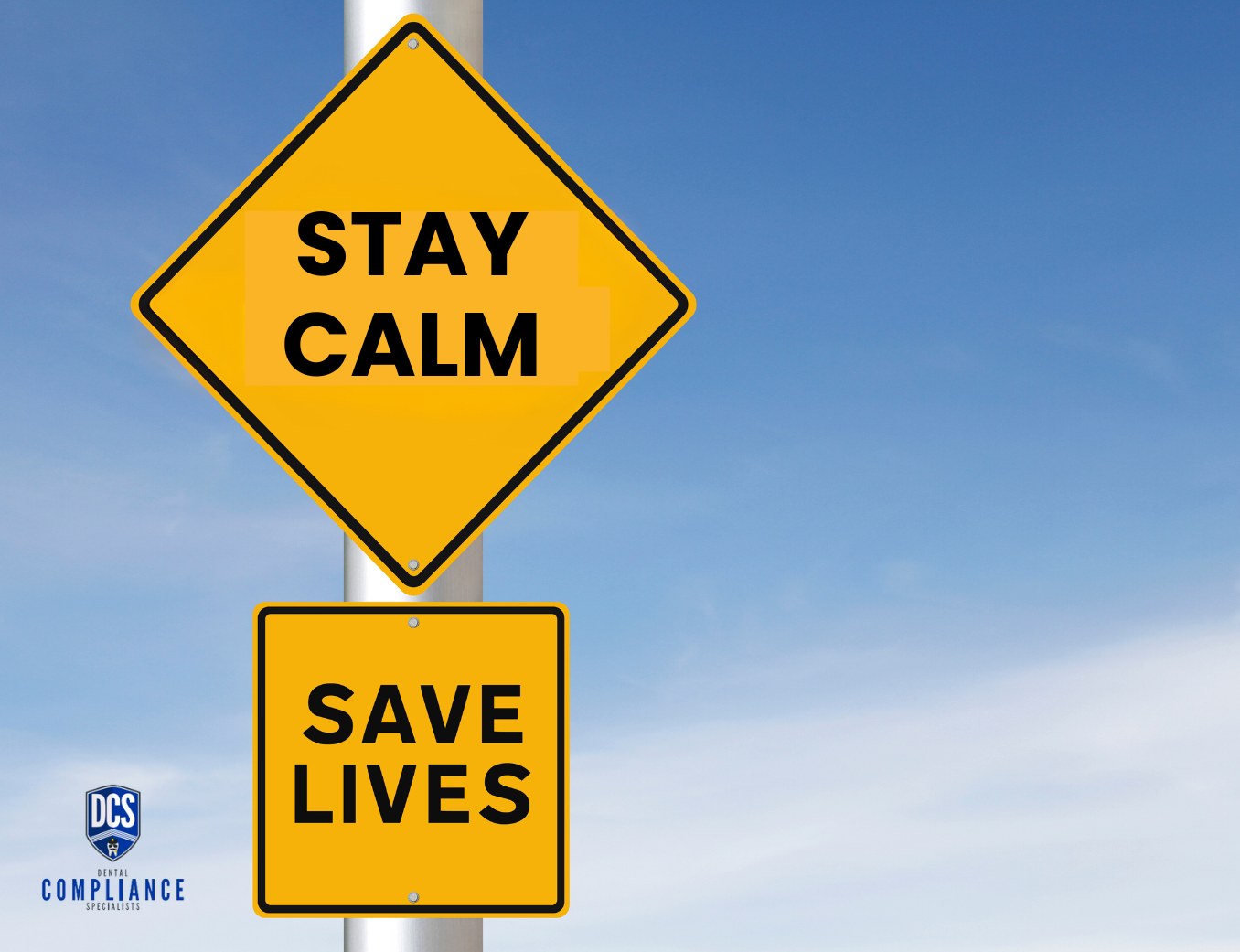Objective:
To prepare and assess the dental office staff's competence in quickly recognizing and treating a severe allergic reaction, specifically anaphylactic shock, in a dental setting.
Target Participants:
● Dentists
● Dental Assistants
● Office Staff
● Receptionist
Equipment Needed:
● EpiPen or similar epinephrine auto-injector
● First Aid Kit
● Dummy or volunteer "patient"
● Stopwatch for timing
● Two-way radios for communication (if applicable)
Scenario:
A patient receiving a dental treatment begins to show signs of a severe allergic reaction, including difficulty breathing, swelling of the face, and hives.
Initial Assessment:
● Identify symptoms indicative of anaphylactic shock such as difficulty breathing, facial swelling, and severe hives
● Check if the patient is conscious and responsive
● Quickly assess the severity of the symptoms
Acceptable Actions:
● Immediately cease all dental procedures
● Administer an epinephrine injection using an EpiPen or similar auto-injector if available and authorized
● Call 911 immediately
● Lay the patient down and elevate their legs to improve blood flow to the heart
● Keep airways open and continue to monitor vital signs
Unacceptable Actions:
● Ignoring or minimizing the symptoms
● Delaying the call to 911
● Attempting to treat without the appropriate medication (e.g., epinephrine)
● Continuing with dental procedures
Progression and Summary:
The drill starts with a dummy or volunteer "patient" exhibiting signs of anaphylactic shock.
Staff members enact their roles per the established emergency protocol.
Timing and actions are recorded for post-drill evaluation.
After the drill, hold a debriefing session to evaluate the performance of all participants.
Identify areas of improvement, including protocol gaps or issues in communication.
Create a corrective action plan based on the observations and evaluations.
Implement necessary changes, which may include protocol updates or further training.
By conducting this emergency drill on severe allergic reactions, your dental office team will be better prepared to manage such life-threatening situations effectively.


